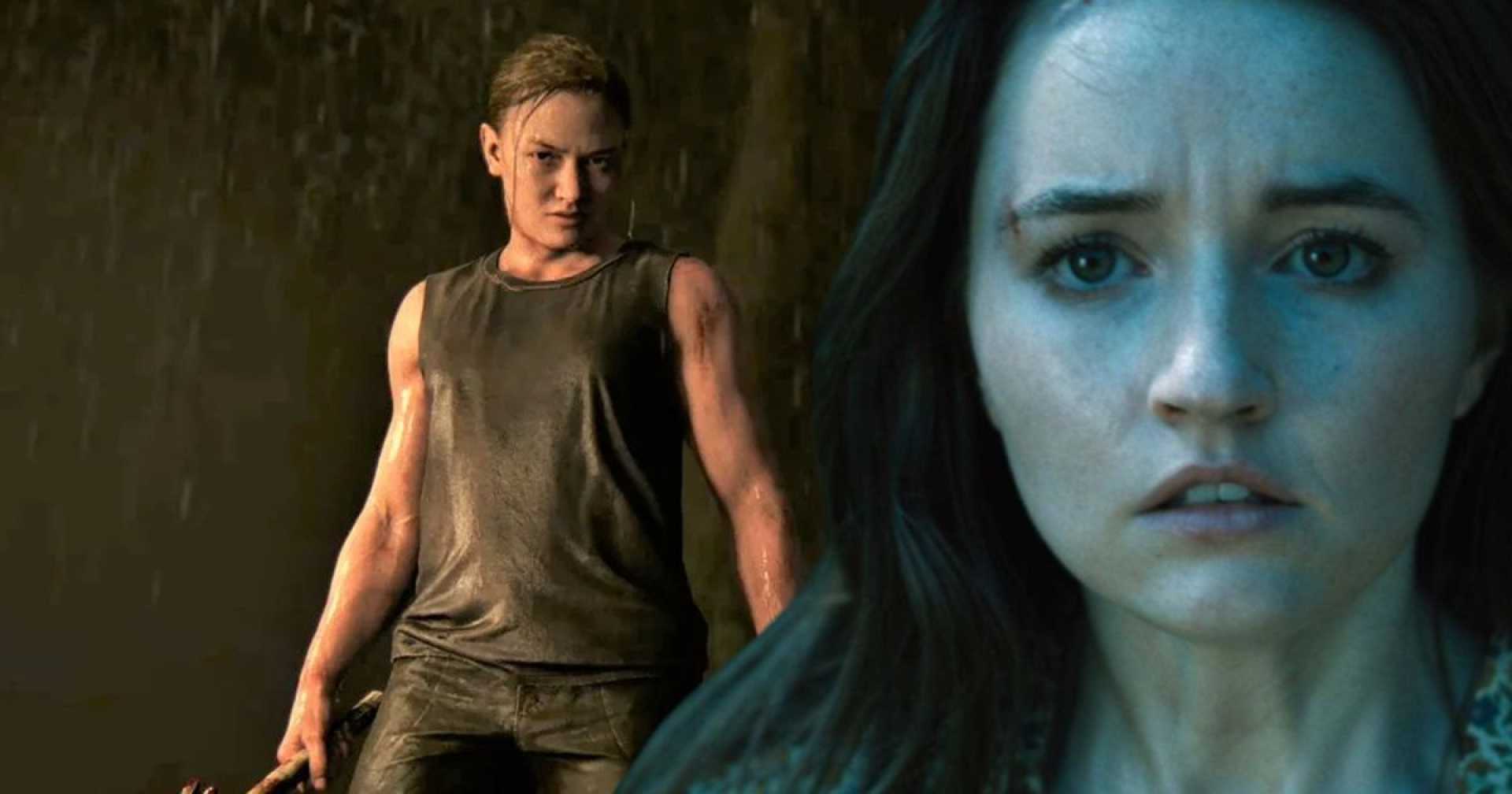Entertainment
Controversy Reignites as Abby Takes Center Stage in The Last of Us Season 2

LOS ANGELES, CA — As anticipation builds for the second season of HBO’s The Last of Us, set to premiere April 13, the debate around the character Abby, introduced in the acclaimed video game The Last of Us Part II, is resurfacing. Abby’s journey through a post-apocalyptic world has sparked significant controversy since the game’s original release in 2020, with critics and supporters voicing their opinions online.
Some fans have expressed disdain for Abby due to perceived misogyny and their emotional attachments to Joel, the protagonist from the first game. Abby, a female character who physically diverges from traditional female portrayals in video games, has faced backlash from a segment of the gaming community before they even had a chance to engage with her story. In addition to her controversial character design, the narrative introduced themes of gender identity, featuring a trans character that further pushed the boundaries of typical representation in AAA gaming.
Abby’s story intertwines with that of Ellie, who once journeyed alongside Joel. The plot takes a devastating turn when Abby brutally kills Joel early in the game, an action witnessed by a devastated Ellie, igniting a cycle of vengeance. Abby is motivated by a quest for retribution against Joel, who previously killed her father, a physician who was supposed to save Ellie. The complexity of these relationships complicates the notions of hero and villain, challenging players’ perceptions of morality and empathy.
As Neil Druckmann, the creator of the games, explained, players must navigate both Ellie and Abby’s differing moral codes. While some fans criticized playing as Abby, the game’s design compels players to understand her motivations, even as they engage in extreme violence. “The violence begets violence, which leads to more violence,” Druckmann said, reflecting on the game’s brutal narrative arc.
Actress Laura Bailey, who provided Abby’s voice and motion capture, has publicly addressed the intense backlash she faced, including death threats directed at her and her child. Bailey stated, “It’s distressing to see that kind of hatred directed at a character and, by extension, at me. We need to remember that these characters are more than just pixels.” The response highlights an alarming trend in gamer culture where backlash can escalate to personal attacks.
As HBO adapts The Last of Us Part II for television, many are wondering how they will portray Abby, particularly as Kaitlyn Dever steps into the role. Some fans are concerned that this casting choice departs from Abby’s established physicality, which was pivotal to her character design in the game. Druckmann emphasized that the essence of Abby’s character is more than her physicality; it is about her emotional depth and experiences. “We consider the performance vital over mere appearances,” he said.
In this retelling, Abby and Ellie’s parallel quests for vengeance shape their destinies, and the larger narrative continues to explore the consequences of violence amid factions like the Washington Liberation Front and the Seraphites in a divided Seattle. Viewers familiar with the game may anticipate how Abby’s choices will adapt in the series’ upcoming seasons.
As criticism of Abby and the themes of The Last of Us Part II circulate, it seems clear that the discourse is unlikely to die down anytime soon. Fans and critics alike will continue to voice their perspectives on social media, shaping the conversation as the show progresses through its new story arcs. The intricacies of revenge, empathy, and morality will all play key roles as the narrative unfolds, making it essential viewing for the game’s fans.












